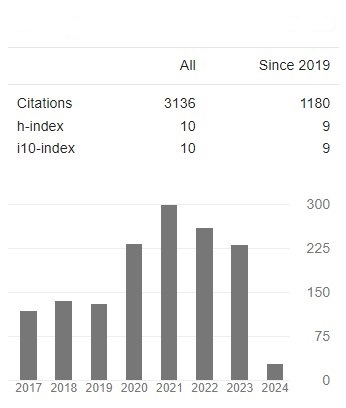The Effects of Disability Grant Termination on the Livelihoods of Rural Women Aged Between 25-30 Living with HIV. A Case of Wellness Clinic at Vhembe District in Limpopo
Abstract
Chrisen E Mhangwani and Kholiswa Malindini
Orientation: The termination of the disability grants has been identified as one of the determinants to non-adherence to Anti-Retroviral Treatment (ARVs) by rural women living with HIV aged between 25-30 attending a Wellness Clinic in Vhembe District. The study has established that once the disability grant is terminated upon improved health outcomes as a result from adhering adequately to ARVs, the livelihoods of rural women living with HIV are adversely interrupted.
Research Purpose: The paper sought to explore and examine the effects of disability grant termination on the livelihoods of rural women living with HIV aged between 25-30 attending a Wellness Clinic in Vhembe District.
Research Approach: The paper adopted a qualitative approach and individual in-depth semi-structured interviews as a data collection technique. A purposive sampling technique was utilised to draw a sample of 20 rural women living with HIV attending a Wellness Clinic in Vhembe District who were enrolled on ARVs and whose disability grants were termination upon improved health outcomes. The purpose was to elicit the participants’ views on their experiences on how the termination of the disability grant interferes with their livelihoods towards adhering effectively to ARVs.
Main Findings: The findings revealed that the termination of the disability grant for rural women living with HIV has adverse implications on their adherence to ARVs as these women depend solely on this grant.
Policy Implications: Economic incentives for rural women living with HIV with little or no education has proven to contribute to optimal adherence to ARVs. However, the manner in which these economic incentives are provided for is a cause for concern in areas where poverty trends are prevalent. Therefore, policy makers should consider the poverty trends that are immanent in the rural settings of South Africa and its contribution to HIV infection.




